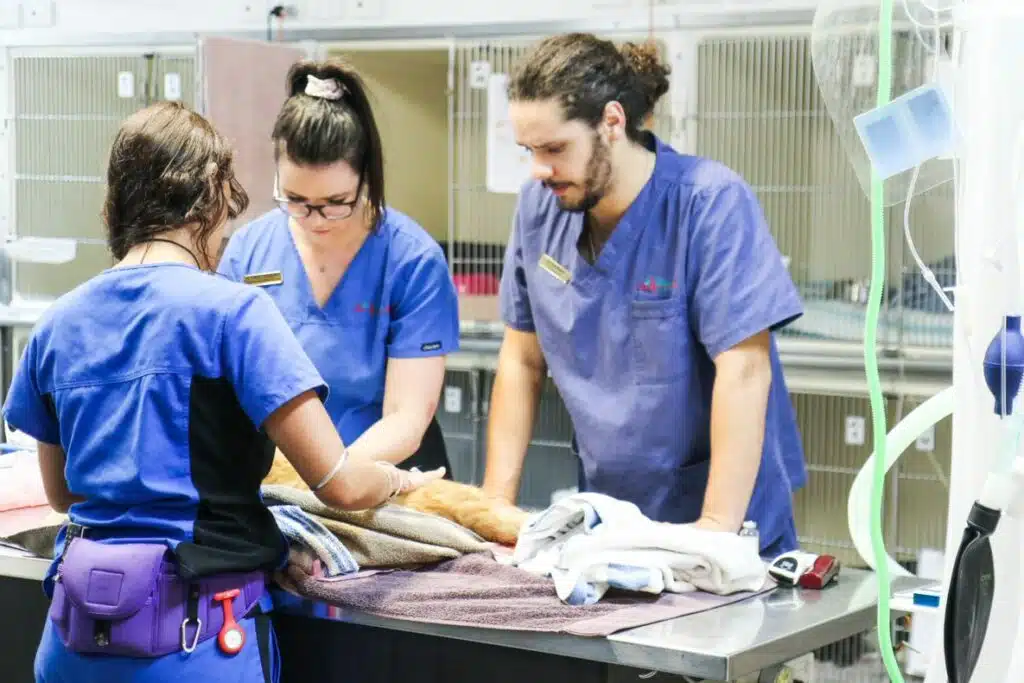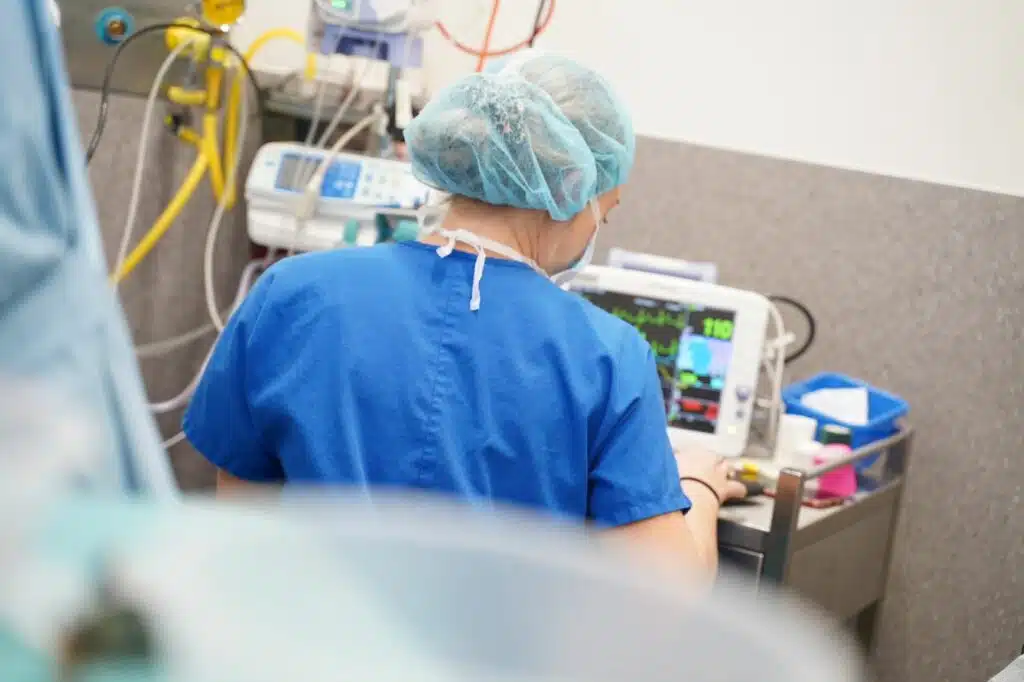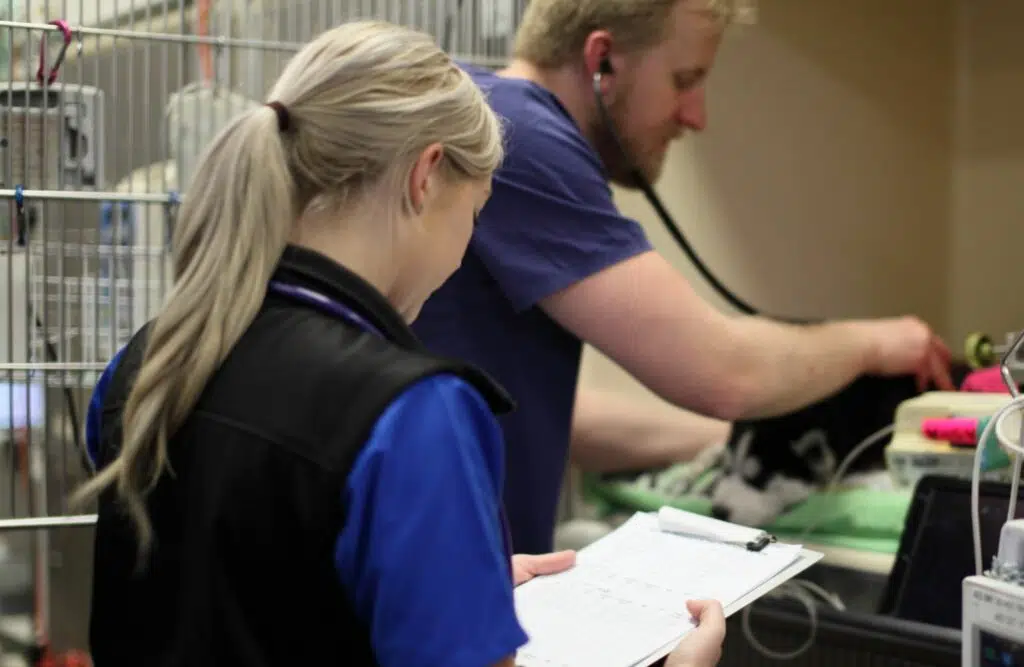In our webinar on How to Transition to Emergency as a New Grad, Dr Gerardo and the AEA veterinary team explored making the step straight from university into veterinary emergency. In this final blog in our uni to emergency series, we’re going to explore that journey and the steps that the team made along the way.
In a series of interviews, we spoke to veterinarians here at AEA at different points in their careers: from 3 months all the way to 5 years, and asked them to share their insight into the journey from uni to emergency. We asked them to describe their journey to give you the knowledge of their own experience and the skills they gained over that time. Find out what they had to share in part 4 of our uni to emergency webinar below:
While discussing their journeys from uni to emergency, the team mentioned several key points that had the biggest impact on their journey. So what were they, how did these factors contribute to the journey? Continue reading to explore their final tips and advice on making the transition.
Systems and Processes
This is most likely to be your first big challenge: knowing how the hospital works. How do you use the computer system? How do you admit patients into hospital? This is a similar hurdle that all veterinary professionals will face regardless of the setting they’re working in, whether it be GP, emergency, mixed or specialised practice. Just learning the overall workflow of a hospital is a challenge that takes time and experience to overcome.
Progessive Exposure to Consults
Here at AEA, we are firm believers that putting inexperienced vets straight into emergency consults is the incorrect approach. This situation can be daunting and without the proper mentorship and guidance is simply setting you up for failure. Instead, ask what the structure of shadowing a more experienced vet is going to look like, and be able to understand the timeframe before being given primary case management.
Feeling Nervous
Feeling nervous going into work is natural for most of us, but what’s most important is that you feel “game on” when you’re there. For many veterinary professionals, even those with the most experience, the nervousness never fully disappeares. But with time, the feelings of being nervous change and become a normal part of the process to motivate you.
Even Dr Gerardo mentions, “I still feel nervous, as I never know if there’s going to be something I’ve never tackled before. And I think you should feel nervous, otherwise your body isn’t preparing you for working in emergency.”
Skill Development
Advancing your skills takes time. But within the field of veterinary emergency, you’ll learn invaluable skills and be given exposure to an incredible range of cases that ensure your skills are continuously developing. So if you’re intent on choosing emergency as a career pathway, get ready for rapid skill development.
Financial Discussions
Knowing how to have financial discussions can be difficult – both within general practice and a veterinary emergency setting. In order to develop the ability to have effective financial discussions, make sure to listen to the right people. Take note of who amongst your colleagues are particularly good at money conversations. So while talking about money may daunt you initially, it is a skill that can be learned, especially from those who have already learned.
Surgery
In veterinary emergency, surgery can differ significantly from general practice, as you don’t get access to the routine surgeries. Overall, exposure to surgery depends on the type of emergency practice. Some hospitals perform their own emergency surgeries, while others focus on stabilising patients so that they can be referred to a standalone surgical team.
So if you’re looking to improve your surgical skills and advance your competency, look for experience with an emergency hospital that performs their own.
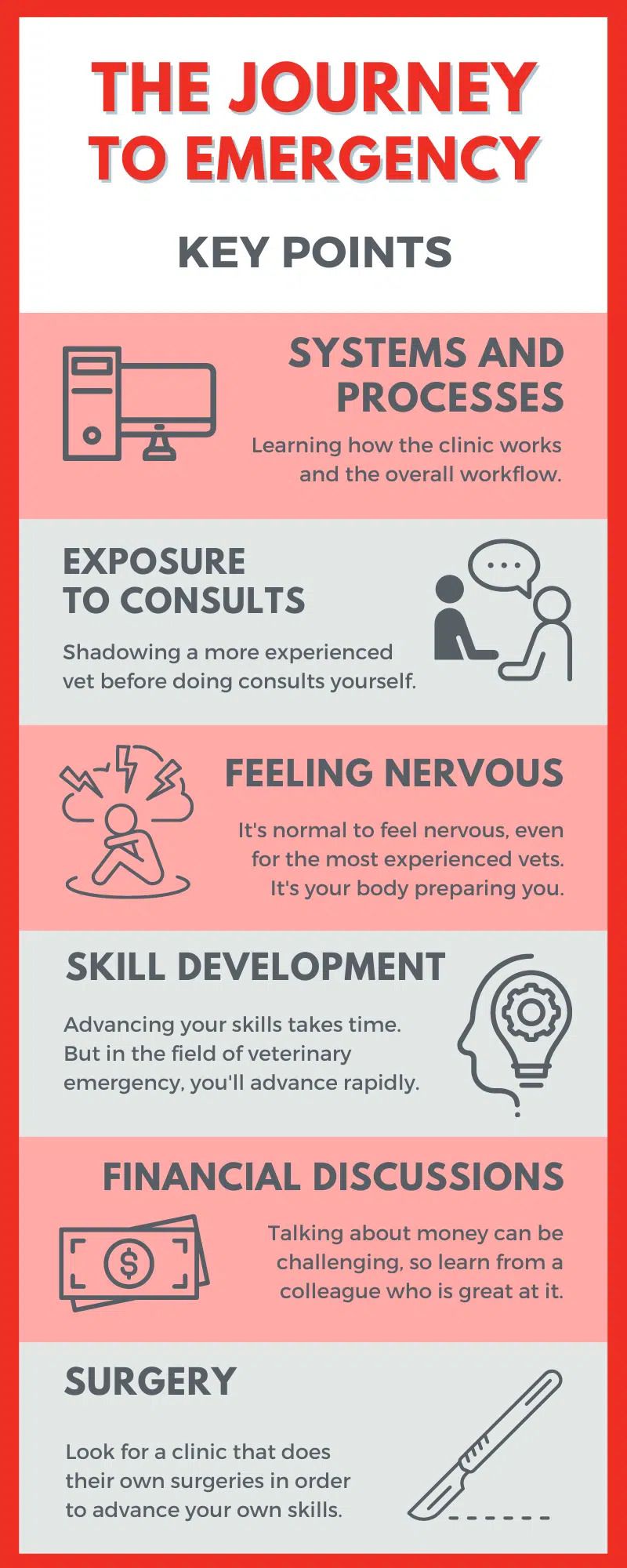
Uni to Emergency – Final Points of Advice
Lastly, we’d like to offer some final pieces of advice from the team and their thoughts on how you can best approach the transition from uni to emergency practice:
- Asking for Advice
- Being able to ask where your collegues and other veterinary professionals got their information, so that you can investigate the same resources and learn independently.
- Asking for Feedback
- Don’t passively wait for feedback – actively pursue it. Be proactive when asking for feedback, as you’ll eventually become more comfortable and prepared to receive it.
- OK Not to Know
- There are so many things you won’t know! And that’s perfectly fine. You’ll learn more with experience, and eventually accept that you’ll never know everything.
- Mindset “Yet”
- Adding “yet” at the end of a sentence can be really powerful. So rather than telling yourself, “I can’t do that”, tell yourself “I can’t do that yet”. Shift your mindset!
- Prioritise Your Personal Health
- As we discussed in our previous article on the characteristics of emergency vets, being able to prioritise your health and wellbeing are the fundamentals of performance.
- Support Network Outside of Work
- Look for support outside your veterinary network. Make connections with people you can talk to that don’t talk vet all the time – this provides a more balanced approach of support.
- You Will See Critical Patients
- Don’t be surprised at what comes through the door. Step into the emergency environment prepared that the cases will be critical.
- New Normal
- The cases that are common in general practice are vastly different from the cases that are common in emergency. Build your skills in tackling these common situations.
If you want to do it… just do it!
That brings us to the end of our series on the transition from uni to emergency, where we took the approach of arming you with more information so that you can more easily make that transition. We’ve discussed many valuable topics, which you can watch in-full via the webinar recording.
To explore more about veterinary emergency, and to uncover the 7 Green Lights of Great Internships and the 5 Red Lights of Internships and How to Avoid Them, tune into our AEA Internships and Fast-Track Webinar for more details and download your information package below.
Join the Waitlist for our ECC Graduate Program
PLEASE NOTE: 2024 is closed. 2025 is only looking for potential intake in June only. Full prior to June in 2025.
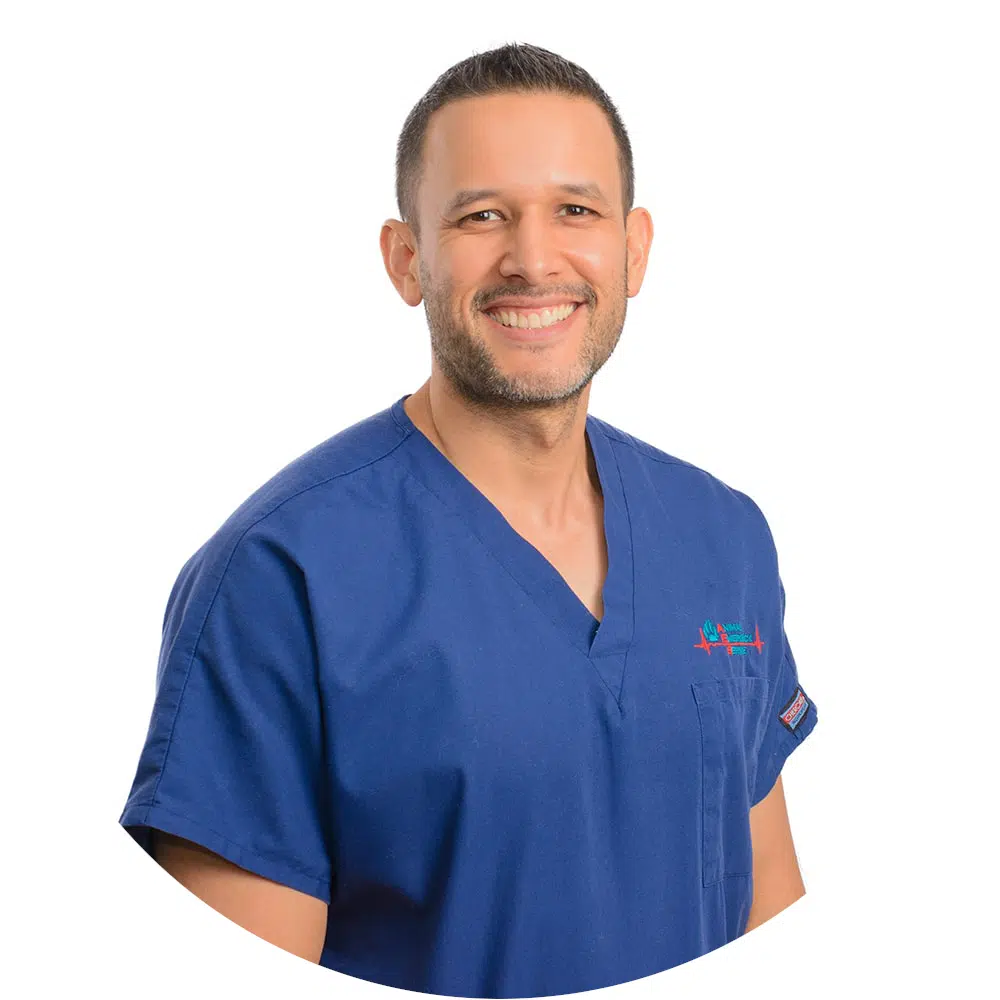
Dr Gerardo Poli BVSc, MVS (Small Animal Practice), MANZCVS (Emergency & Critical Care)
Emergency Veterinarian, Hospital Director, Author
Dr Gerardo Poli is an Emergency Veterinarian and Director at Animal Emergency Service in Brisbane, Australia. He is passionate about mentoring, coaching and inspiring the future generation of vets throughout the world and helping veterinary professionals to do and be their best.
Dr Poli has a strong interest in the stabilisation and management of critically ill patients, small animal ultrasound and radiology and emergency surgery. He is also currently the coordinator of the Animal Emergency Australia Internship and Fast-Track Program part of the VetAPedia scientific committee, and the continuing education program for the emergency clinicians here at Animal Emergency Australia.


